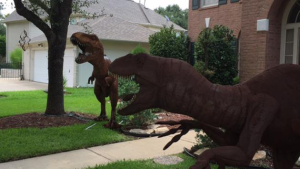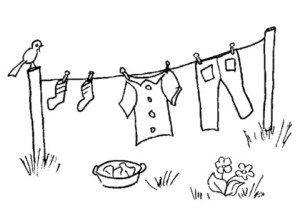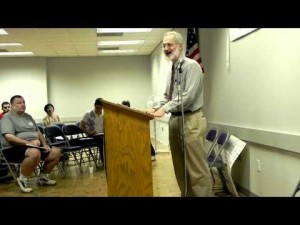This is a rebroadcast of a show first recorded in 2014 but the case is still ongoing.
When the scene is set for fraud and abuse, the crooks, criminals and villains will come by the droves. Residential associations, be they condos, homeowner associations or cooperatives, where membership is mandatory, the power and authority is in the hands of a few and there is an enormous industry that feeds off these housing schemes and more importantly, the owners have been left pretty much defenseless, is an open invitation to all those who conspire to do wrong. Just how much corruption goes on every day is unknown. Even in Las Vegas when it became apparent in 2008 that the FBI was investigating wrong doings by board members, managers and HOA industry attorneys, the full extent of what went on is is still largely unknown.
Nevada State Senator Mike Schneider joins us On the Commons this week. Senator Mike, as he is known to his constituents, joins us to talk about the FBI investigation that became apparent in 2008 and is still ongoing. The problems and the scams are incredible, ranging from election fraud to construction defect lawsuits. There have been many indictments, many sentences handed down and many more mysteries and unanswered questions that still hound this situation. There are sealed records, gag orders, four alleged suicides, at least one attorney beaten to a pulp, kneecaps smashed with a baseball bat and left for dead, stark naked on the streets of his neighborhood. As Mike says, “dead men can’t talk”. Were they suicides? And if they were, what could be so bad that it is preferable to take ones own life than face the consequences? It also begs the questions of why sealed records and gag orders? What else are they hiding? And just how pervasive are these practices? We all know that that what goes on in Las Vegas really doesn’t stay there and that the same things is being replicates across the country. The FBI just hasn’t managed to get to them all. Will they or will everyone else simply get away with it while our legislators blindly ignore the problems?










